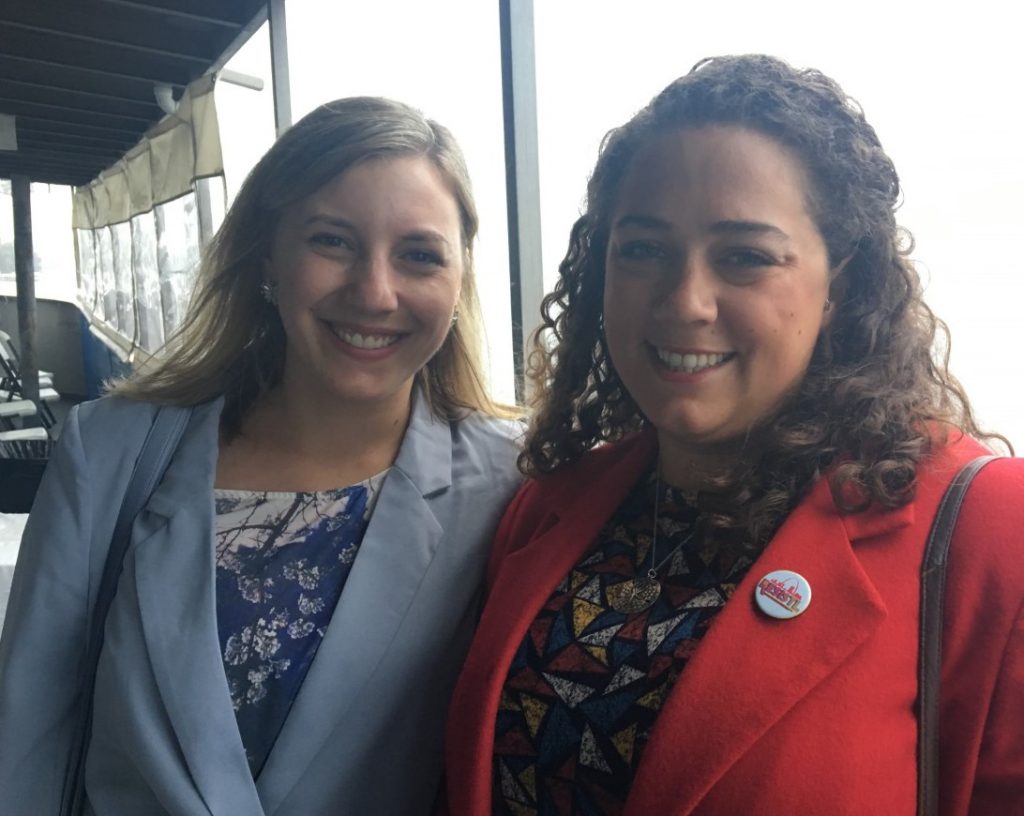By: Megan Ferguson & Madaline George
The 13th International Humanitarian Law Roundtable (previously Dialogs) was held in Chautauqua, New York, from Sunday, August 25, through Tuesday, August 27. This year’s theme was The Third Wave – Adapting Modern ICL to 21st Century Realities. Representatives of the Whitney R. Harris World Law Institute, including Harris Institute Director Leila Sadat, Harris Institute Fellow Madaline George, and WashULaw student Megan Ferguson, attended this annual conference, which the Institute has sponsored since its inaugural year. As always, the Roundtable allowed scholars, students, and prosecutors from international courts and tribunals to discuss the ever-evolving field of International Humanitarian Law and brainstorm solutions to pressing issues facing international justice.
In its thirteenth year, the concept of this annual meeting shifted into a more assertive role as a leading voice in countering the challenges of today’s realities by using a new roundtable format, creating a roadmap for new dialog, discussion, and initiatives on implementing modern international criminal law in today’s political and legal landscape. All of the sessions and discussions held throughout the three-day meeting built upon one another and formed the foundation for the First Chautauqua Principles, issued at the end of the Roundtable, and will be used to produce a White Paper, which will be published by the American Society of International Law. The goal is to produce a work product that is realistic and useful to practitioners, diplomats, and politicians in considering new ways of seeking justice for victims of atrocity.
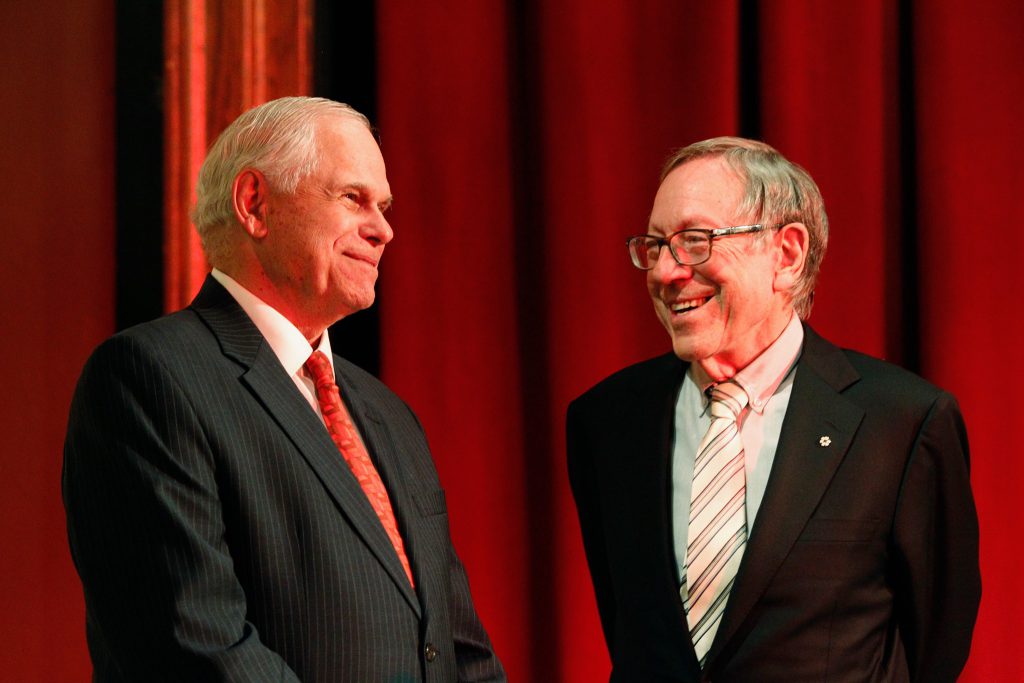
The conference began at the Robert H. Jackson Center where the Joshua Heintz Award for Humanitarian Achievement was awarded to Hon. Irwin Cotler, former Minister of Justice and Attorney General of Canada and current Chairman of the Raoul Wallenberg Centre for Human Rights. The award was followed by an interview with and performance by Samite Mulondo, co-founder of Musicians for World Harmony.
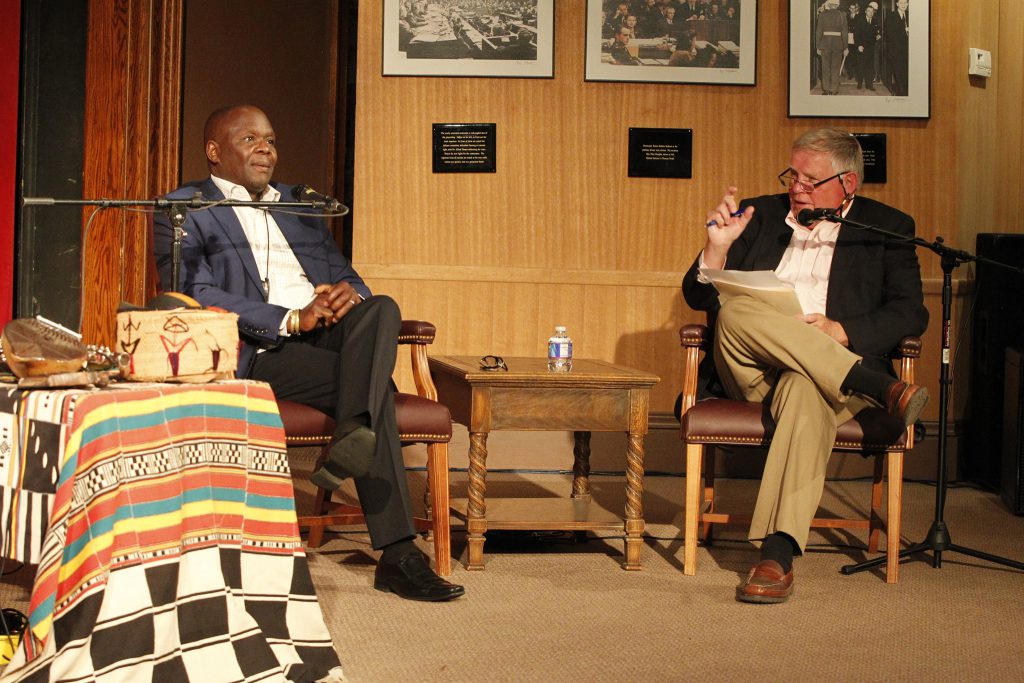
Day two of the Roundtable opened with a keynote address by Judge Navanethem (Navi) Pillay, former United Nations High Commissioner for Human Rights. She discussed the challenges facing the international justice community in the 21st century, including the role of social media, the rise of nationalism, and the “age of the strongman.” Judge Pillay then charged Brenda J. Hollis, Chair of the Roundtable, to create a working document that addresses the challenges of adapting modern international criminal law to the very challenges of this kaleidoscopic age.
Four sub-groups were convened to achieve this goal: “The Future of Courts and Tribunals,” co-chaired by Professor Leila Sadat, Director of the Harris Institute, and Jim Goldston, Executive Director of the Open Society Justice Initiative; “The New Way? Mechanisms, State Implementation, Inter-State Cooperation, and Regional Courts,” co-chaired by Professor Jennifer Trahan, New York University Clinical Professor and Dr. Mark Ellis, Executive Director of the International Bar Association; “The Rising Tide? Grass-roots Efforts,” co-chaired by Professor Milena Sterio, Cleveland-Marshall College of Law Professor and Professor Paul Williams, George Washington University Associate Professor of International Affairs; and “Back to the Future? Impact of Populism and Nationalism,” co-chaired by Ambassador Stephen Rapp, former United States Ambassador-at-Large for War Crimes and Randall Bagwell, International Humanitarian Law Director at the American Red Cross. Breakout sessions with each sub-group were held on the porches with a mix of policymakers, scholars, practitioners, and students discussing current challenges, opportunities, and areas for development and improvement within each topic.
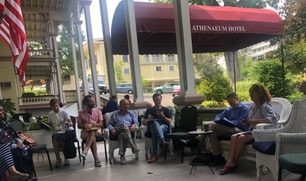
The day also featured a conversation on the recent successes and controversies at international criminal tribunals and mechanisms, during the annual Ben Ferencz Commentary and Update presided over by Dean Michael Scharf of Case Western Reserve University School of Law. The conversation was led by Brenda J. Hollis, Prosecutor for Residual Special Court for Sierra Leone and Reserve International Co-Prosecutor of the Extraordinary Chambers in the Courts of Cambodia; Helen Brady, Senior Appeals Counsel and Head of the Appeals Section at the Office of the Prosecutor of the International Criminal Court (ICC); Michelle Campbell, Senior Appeals Counsel within the Office of the Prosecutor at the Special Tribunal for Lebanon; and Catherine Marchi-Uhel, Head of the International Impartial Independent Mechanism for Syria.
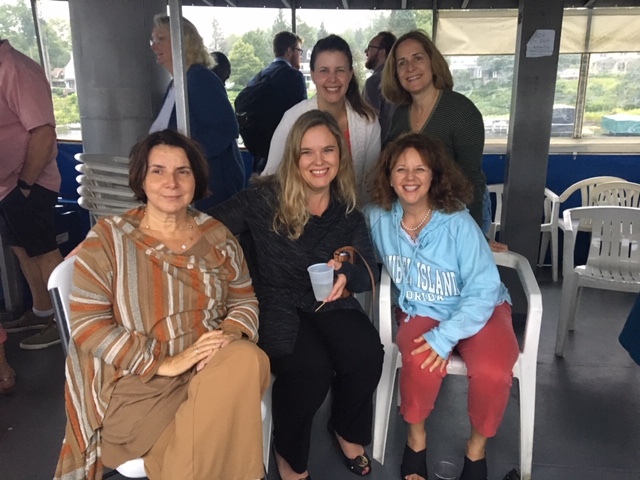
ICC Chief Prosecutor, Fatou Bensouda, who could not attend the Roundtable in person due to the revocation of her visa by the Trump administration, delivered pre-recorded remarks for the Katherine B. Fite Lecture and Herman von Hebel, former Registrar of the International Criminal Court, delivered the Clara Barton Lecture.
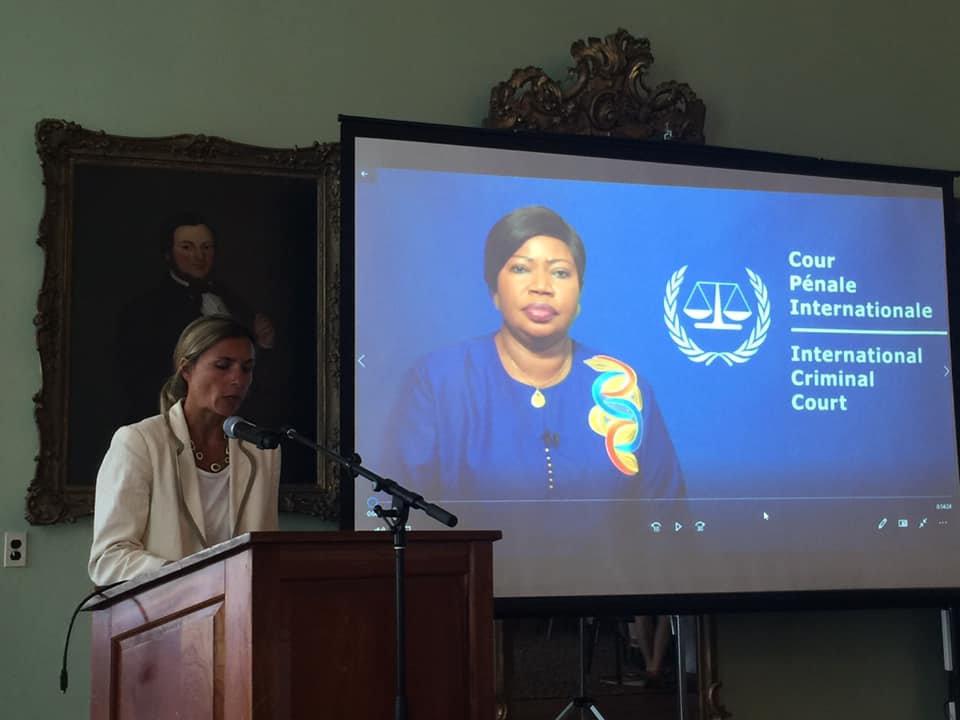
The Roundtable proceedings were also enlighted by a conversation with the first four prosecutors of the modern era international criminal tribunals and courts, moderated by Greg Peterson, Phillips Lytle LLP, and featuring David M. Crane, former chief prosecutor of the Special Court for Sierra Leone, Justice Richard Goldstone, former chief prosecutor of the International Criminal Tribunals for the former Yugoslavia and Rwanda, Luis Moreno Ocampo, the first chief prosecutor of the International Criminal Court, and Robert Petit, former chief prosecutor of the Extraordinary Chambers in the Courts of Cambodia.
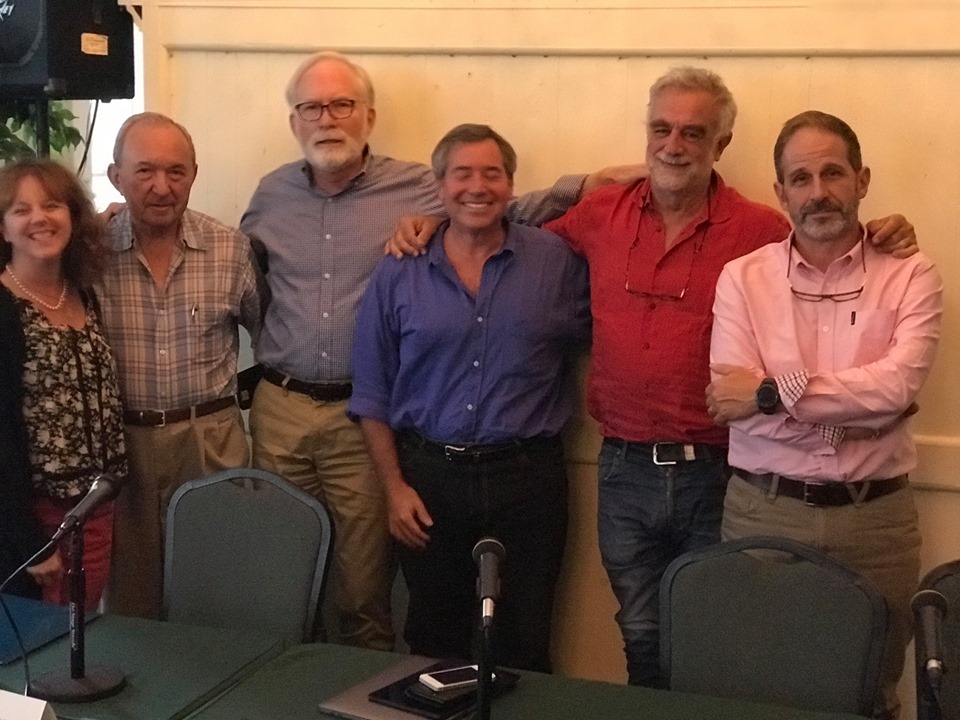
Time was allotted throughout the Roundtable for updates on various initiatives and projects, including on the Crimes Against Humanity Initiative, by Professor Leila Sadat, Legal Limits to the Veto in the Face of Atrocity Crimes, by Professor Jennifer Trahan, the Global Accountability Initiative, by Jeff Howell, the Global Social Justice Practice Academy by Dr. L.J. Edmonds, Vice Provost for Global Affairs & International Studies at Ohio University, and the Eyewitness to Atrocities Project by Dr. Mark Ellis.
The 13th International Humanitarian Law Roundtable concluded with the issuance of the First Chautauqua Principles, founded on the ideas discussed during the breakout discussions. These Principles have the goal of keeping the Nürnberg spirit alive and helping to obtain justice for victims of atrocity crimes. A White Paper on implementing international criminal law in the face of today’s realities is now being drafted and will be part of the proceedings volume of the 13th IHL Roundtable, published by the American Society of International Law.
The 14th International Humanitarian Law Roundtable will be held in August 2020 in London to commemorate the 75th anniversary of the London Charter of the International Military Tribunal.
